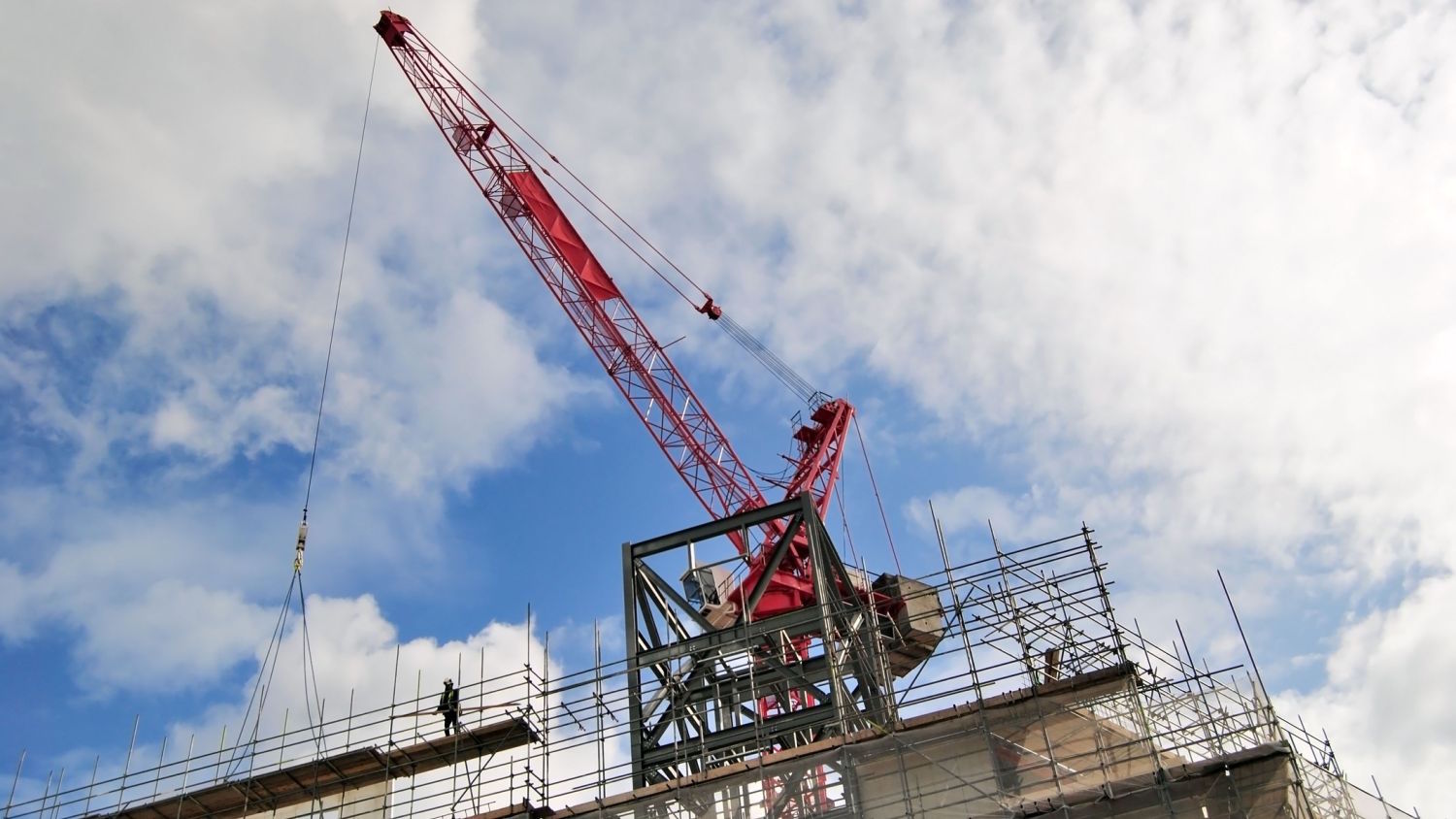
MPs have called for mandatory whole-life carbon assessments for buildings under construction and, crucially, have suggested the RICS professional statement on whole-life carbon as the benchmark.
The recommendation came as the influential Environmental Audit Committee (EAC) warned that the construction industry needs to cut carbon emissions urgently.
In a new report, the EAC said mandatory whole-life carbon assessments should be incorporated in building regulations and the planning system in order to reduce the levels of CO2 in construction. It called on the government to introduce the assessments no later than December 2023.
The assessment should calculate the emissions from the construction, maintenance and demolition of a building. It should also track the energy used in buildings’ day-to-day operations.
Consistency needed
The EAC report noted that in the absence of government regulation, those engaging in carbon calculation are using different methodologies: “A broad cross-section of the construction industry is willing and able to undertake whole-life carbon assessments. In the absence of an approved UK national methodology, the RICS professional statement on whole-life carbon is used as the accepted industry methodology for [such] assessments. In our view, the RICS professional statement on whole-life carbon assessments is fit for use. Alongside this, various further guidance and software tools have been developed.
“As a result of the lack of an approved national methodology, the variety of assessment tools and interpretations for whole-life carbon assessments that have developed appear to have created inconsistency, have unnecessarily increased the cost of assessments and have led to an uneven playing field in conducting assessments.”
The EAC reinforced its belief in the RICS statement: “The Department for Business, Energy, and Industrial Strategy is currently considering the possibility of funding an update of the RICS methodology. This update is intended to make the methodology more accessible and more transparent, thus addressing the concerns raised by Ministers to us about the RICS methodology.
“We recommend that, as soon as possible following promulgation of the planned update of the statement, the government should seek to establish the RICS methodology as the UK industry standard for whole-life carbon assessments.
“Once the national methodology and requirement to undertake whole-life carbon assessments is in place, the cost of undertaking assessments is likely to be minimal.”
The EAC warned that the UK is currently lagging countries such as the Netherlands and France. Both have already made such assessments mandatory.
The EAC also called for carbon targets for buildings to align with the UK’s net-zero goals once the assessments are in place.
The report follows an industry-led proposal for whole-life carbon assessments for all major building projects, the so-called Part Z. Meanwhile, the UK Net Zero Carbon Buildings Standard was launched yesterday (25 May) with a call for beta testers.
Don’t miss out on BIM and digital construction news: sign up to receive the BIMplus newsletter.












